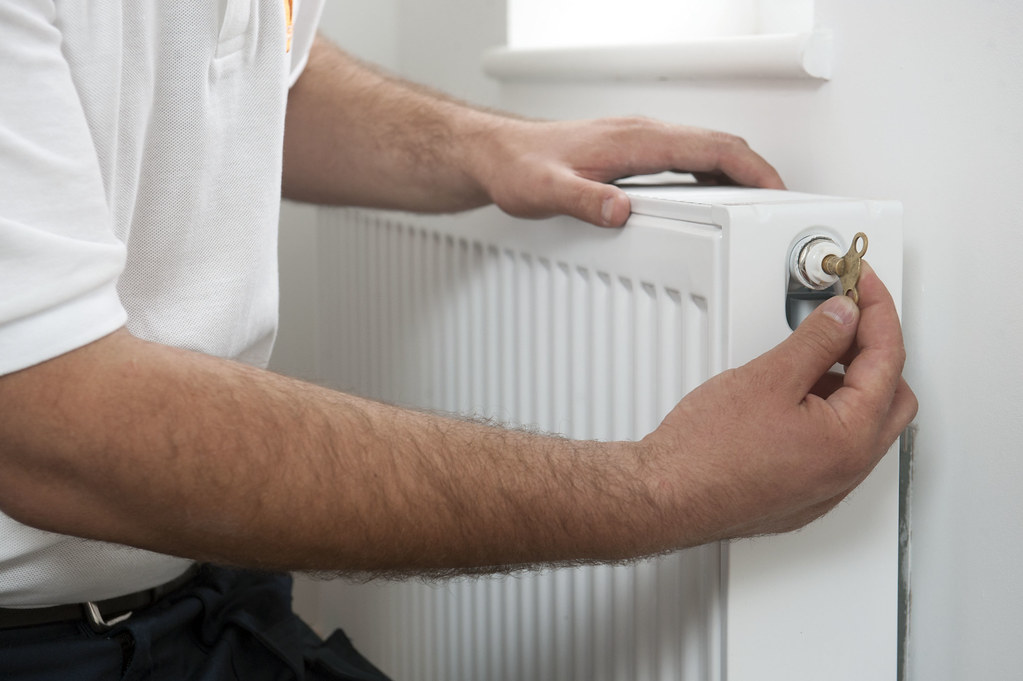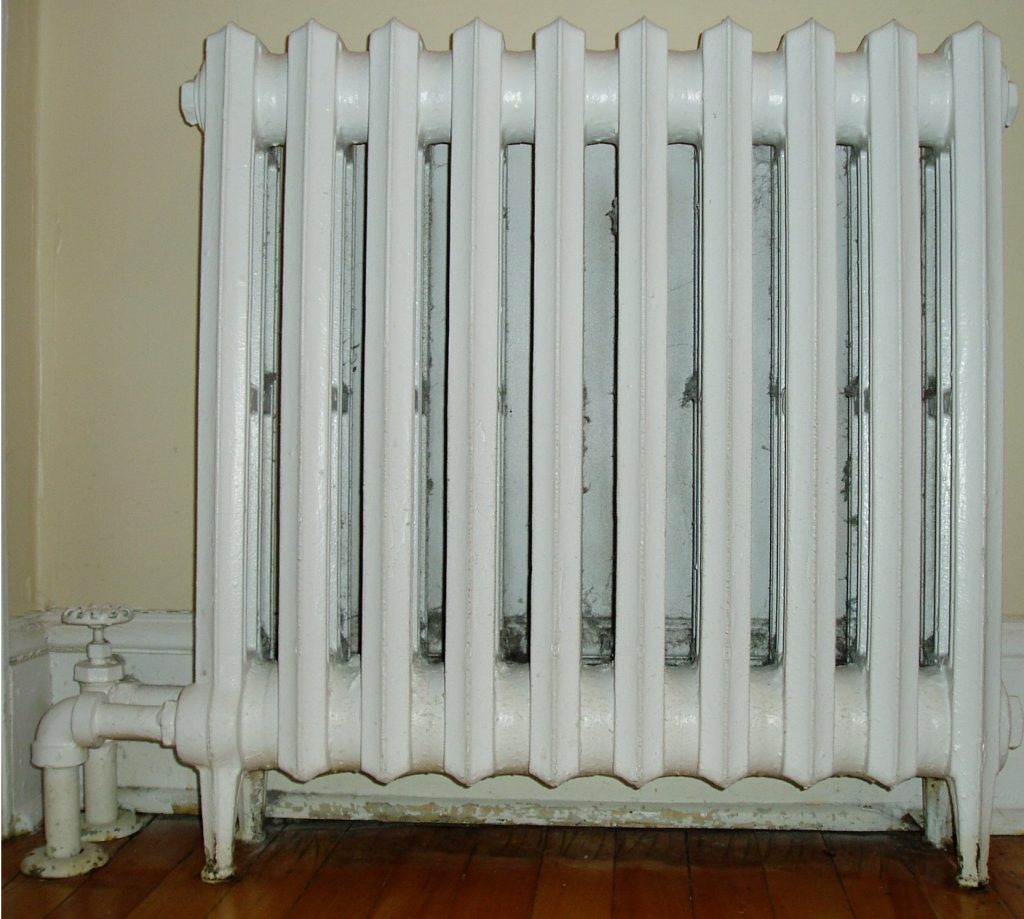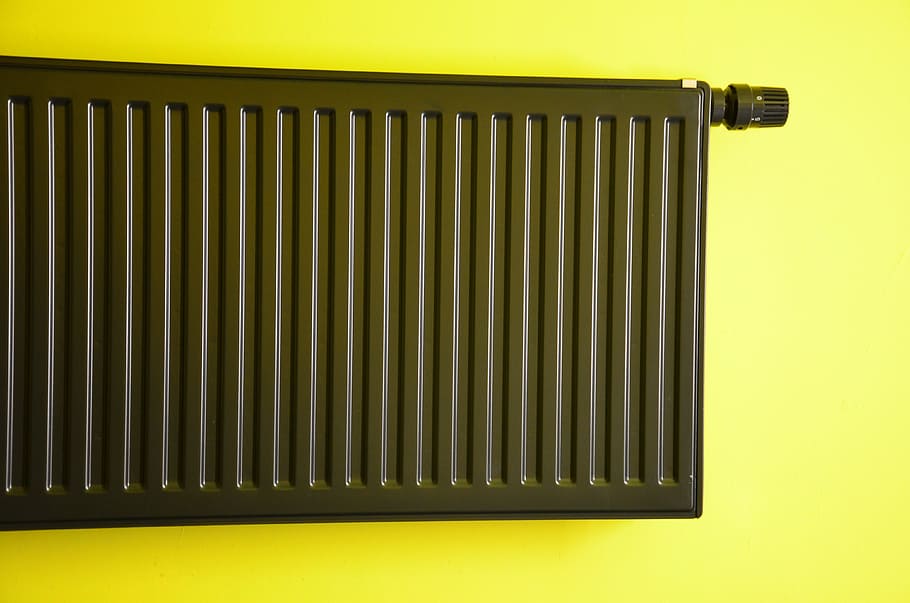Contents
– Convection and radiation, two fundamental principles
– The concept of inertia
– The different heating systems
– Electric radiator or hot water?
Convection and radiation, two fundamental principles
Domestic heating is an application of what is known in physics as heat transfer. The basic principle is simple: if two bodies do not have the same temperature, they will exchange heat until they reach thermal equilibrium.
A hot body (here a radiator) and a cold body (here your body) exchange heat in three ways: conduction, convection, and radiation.
Let’s take the example of a cup of tea.
By conduction
– The exchange of heat is done by direct contact: you dip your lips in your still steaming tea, you get burned, this is the sign (painful!) that there has been a transfer of heat!
– Therefore, conduction is not used to heat up (except when you put a towel on a radiator).
By convection
The heat exchange is done by a fluid intermediary which “transports” the heat molecules. Here, the air plays this role.
We distinguish:
– Natural convection, where the movement of air is spontaneous and free. For example, the cup of tea is still steaming, the hot air rises.
– Forced convection, the air movement is activated to accelerate the heat exchange between the two bodies—for example: when you blow on your cup of tea to make it cool down faster.
By radiation (also called radiation)
– Heat exchange is done by electromagnetic radiation.
– The heat source sends infrared radiation and warms you up from a distance. To see this, place your hands over a hot cup of tea and feel the heat even though there is no contact.
Whatever the emitter, these 3 mechanisms are working together. According to the devices, one of these mechanisms is privileged.
The notion of inertia
Thermal inertia is the capacity of a device, or a body, to keep its temperature at a constant level:
– For a heater, inertia represents the capacity to diffuse heat durably and constantly.
– A heater with good inertia would be opposed to heating by jerks.
The different heating systems
Systems and energy sources
The choice of the system to heat your home is wide. Indeed, there are several systems and energy sources:
– with boiler called “combustion”: gas, wood, oil or mixed;
– electric;
– renewable energy: heat pump, solar, etc.
Diffusion devices
There are also several types of diffusion devices:
– hot water or electric radiators;
– floor heating;
– ceiling heating;
– wall heating;
– baseboard heating.
Compatibility: which device for which heating?

The choice between a hot water radiator and an electric radiator depends on the type of system chosen:
– Hot water radiators work with a combustion system: a boiler burns gas, wood, or oil, heats water, and propels it through pipes into the radiators.
– Electric radiators, of course, are powered by electricity and are connected directly to the mains.
However, the choice between radiators and underfloor heating is independent of the choice of energy source. You can combine radiators and underfloor heating with both gas and electric heating or a heat pump.
The choice of energy source is the most important. We suggest that you start with this, only then choose the diffusion devices.
Electric or hot water radiator: criteria for choosing

Before choosing
Choosing a heating system requires a personalized study of your home, your existing heating system, if any, and your heating needs.
Therefore, it is advisable to have a Home Performance Assessment performed before choosing between electric and hot water radiators.
Moreover, without good insulation of your home, it will be useless to invest in an efficient heating system.
Focus on electric heating
Contrary to popular belief, electric heating does not necessarily consume more energy than hot water heating.
Replacing an old electrical installation with a new, more efficient one can save up to 25%!
Moreover, an electric radiator heating system is less expensive and complex to install than a hot water heating system, especially in renovation projects.
Finally, it requires no specific maintenance, except perhaps a light dusting from time to time.
Focus on water heating
Hot water central heating is easier to implement when building a house. However, it is still possible to renovate a home, but it will be more complex to install.
Boilers are becoming more and more efficient, less and less polluting, and even totally ecological. They have made enormous progress in recent years, as have radiators.
In addition, some boilers are eligible for a tax credit, which allows you to amortize part of your investment.
Hope this post has helped you understand the operating principle of a radiator and make your choice between a radiator or a boiler. Please, remember to share your views in the comments below.

